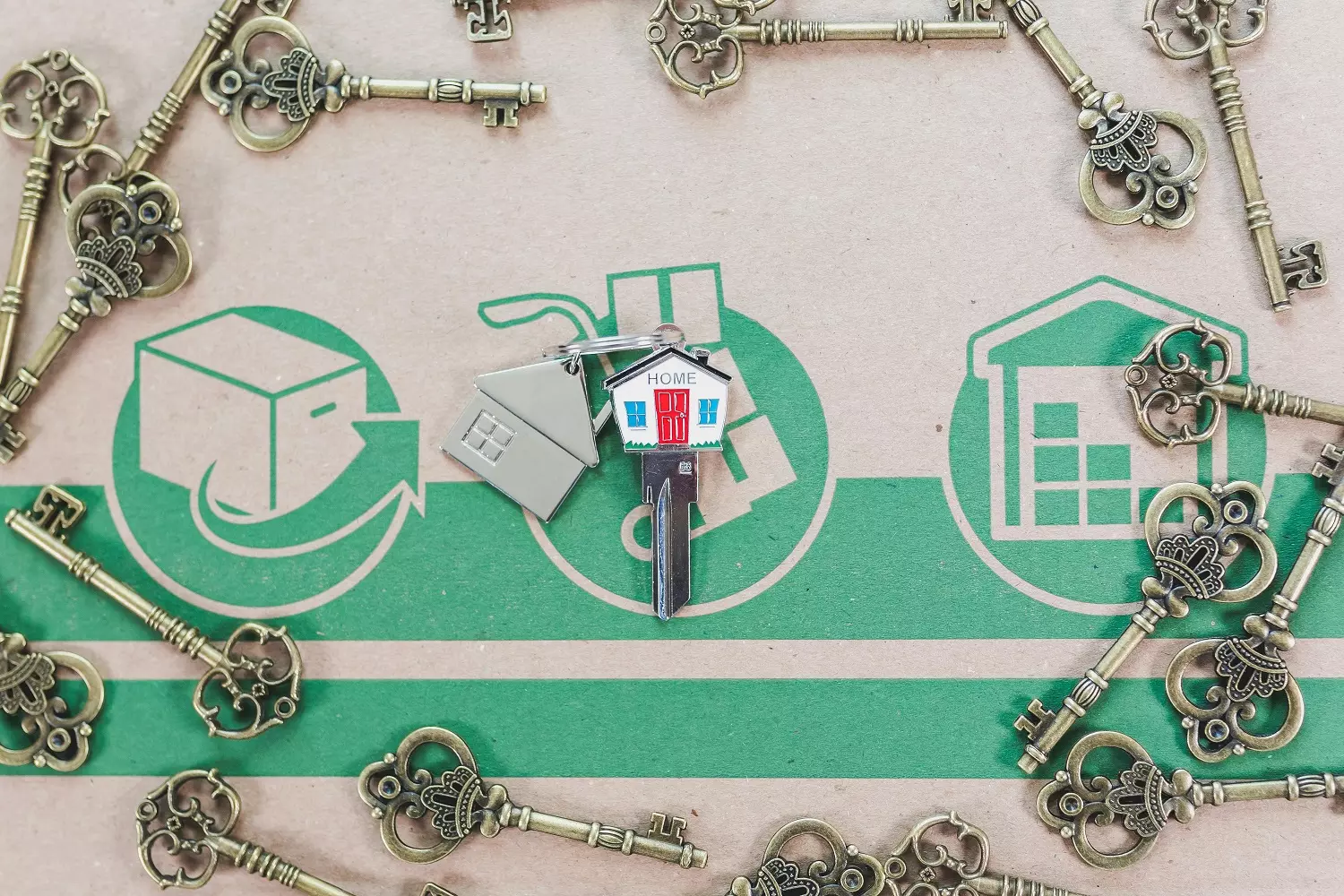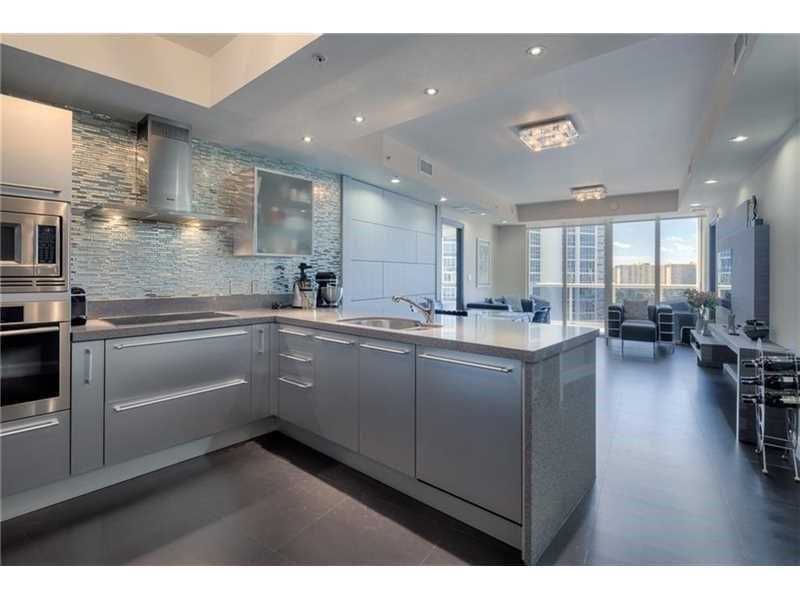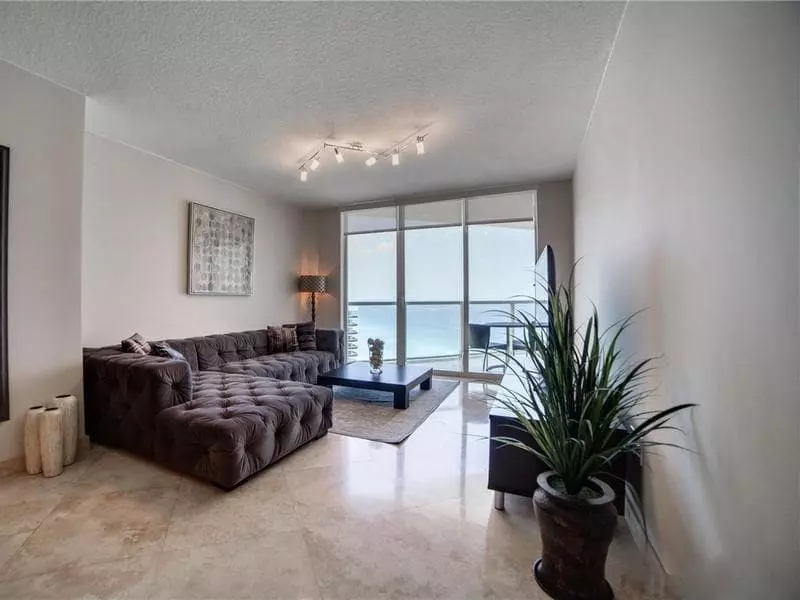If you're planning to buy or rent a home in the U.S., it's crucial to understand the essential terms used by realtors, developers, and management companies. Often, even those who have lived in the country for a long time encounter unfamiliar words like HOA, maintenance, or special assessment.
In this article, we will break down the key concepts of U.S. real estate, from housing types to financial contributions and permits. This will help you navigate contract language and feel more confident when discussing terms with owners or agents.
Main Types of Housing in the U.S.
When searching for real estate in the U.S., you may come across various housing names. They do not always correspond to the familiar categories in Russia, such as apartments or private houses. Below are the most common types of real estate, their features, and differences.
Condominium (Condo)
A condominium is a multi-unit building where each unit is owned individually. Residents own their specific unit, but common areas, such as stairwells, halls, elevators, and parking lots, are shared. The building is managed by a homeowners association (HOA), which maintains order, hires maintenance staff, and sets living rules.
Owners make monthly payments for building and grounds maintenance. This money covers cleaning, security, repairs, utilities, and other needs. Sometimes, special assessments may be levied for major repairs or upgrades.

Single-Family House
This refers to a detached private house designed for a single family. It does not share walls with neighbors, and the surrounding land belongs to the owner. This can range from a small house on a standard lot to a luxurious residence with a pool and a large garden.
Unlike a condominium, the owner of a single-family house is responsible for maintaining the property, handling repairs, landscaping, and paying for all utilities. In some areas, these houses fall under the jurisdiction of a homeowners association (HOA), which sets certain rules, such as prohibiting changes to the facade or parking a trailer in front of the house.
Townhouse
A townhouse is a compromise between an apartment and a private house. It is a two- or three-story building with a separate entrance but connected to neighboring houses by side walls. Each owner has a small yard or garage, but the front yard and infrastructure may be managed by an HOA.
The main difference from a condominium is more personal space. At the same time, building maintenance costs are usually lower than for single-family homeowners. However, in some cases, the association may set strict rules limiting changes to the facade or surrounding area.

Cooperative (Co-op)
This type of housing is mainly found in New York and some other major cities. A cooperative building is not formally divided into individual apartments. Instead of buying real estate, a person purchases a share in the company that owns the building. This share entitles them to live in a specific apartment.
Co-op management decisions are made by a general meeting of residents. They also determine who can sell or rent housing. Because of this, buying a co-op apartment is often more complicated, requiring approval from the residents' board. On the other hand, these buildings usually have excellent infrastructure support and strict neighbor control.
The choice of housing type depends on preferences and budget. A condominium is suitable for those who want to live in an apartment but do not want to manage the building. A single-family house provides maximum freedom but requires more responsibility. A townhouse combines the advantages of both options, and a co-op offers a unique ownership format that is not suitable for everyone.
Key Financial Terms
When buying or owning real estate in the U.S., you'll encounter various payments and fees. Some are mandatory, while others depend on the specific property or neighborhood. Understanding the basic terms will help you grasp what you're paying for and what future expenses might arise.
HOA (Homeowners Association)
A homeowners association manages residential complexes, condominiums, and sometimes neighborhoods with private homes. It's responsible for maintaining common areas, cleanliness, security, utilities, and landscaping.
Members of the association pay regular dues that go towards the upkeep of buildings and surrounding areas. The amount of these payments depends on the type of housing, location, and level of service. In one complex, it might be a small fee covering only trash removal and lawn care, while in another, it could be a substantial payment including pools, gyms, parking, and security.

Maintenance
This term is often confused with HOA fees, but they are not the same. Maintenance refers to the money used for building upkeep, including cleaning, repairs, management company fees, and other expenses.
In condominiums and cooperatives, maintenance may even include property taxes and building insurance. In private homes, owners pay for all these services themselves.
The payment amount depends on the age of the building, its condition, and the level of amenities. In upscale buildings with concierge services, pools, and gyms, maintenance will be significantly higher than in a regular residential complex.
Special Assessment
These payments are introduced in exceptional cases when costly repairs or infrastructure improvements are needed, for which regular dues are insufficient. For example, if the building needs to replace an elevator or renovate the facade, residents will have to pay an additional fee.
The amount of the special assessment is determined by the management board and approved by a vote of the residents. Sometimes, the fee is divided into several payments, but in some cases, the money must be paid immediately.
If the property is in a cooperative, such fees can be a significant financial burden, as they are distributed among all residents, regardless of the size of their apartment.
Property Taxes
Every homeowner is required to pay a tax that is calculated based on the property's value and the rates in the specific region. The money goes towards funding local schools, roads, police, and other public services.
Taxes can vary significantly from state to state. In some places, they are less than 1% of the property's value, while in others, they can reach 3% or more.
HOA Fee vs. Property Tax
Some people confuse property taxes with homeowners association fees. The main difference is that taxes are paid to the government, while HOA dues go towards the maintenance of the grounds and buildings.
Owning real estate in the U.S. involves not only the purchase but also regular expenses. Associations charge mandatory fees for maintaining common areas. Building maintenance requires monthly costs. Sometimes, additional fees may arise for repairs. Understanding these concepts helps to assess future expenses in advance and avoid unpleasant surprises.
Documents and Permits
When buying, renting, or renovating real estate in the U.S., you need to process various documents. Some of them confirm ownership, others regulate living conditions or grant permission for construction. Ignorance of these nuances can lead to fines or legal problems.
Deed — Proof of Ownership Document
A deed is an official document that confirms ownership of real estate. It contains information about the owner, address, and details of previous owners.
Without a properly executed deed, a person is not considered the legal owner of the property. When buying real estate, this document is transferred from the seller to the buyer and registered with local authorities.
There are several types of deeds. One of the most reliable is the Warranty Deed, which confirms that the seller has no debts or disputes over the property. If a Special Warranty Deed is used, it guarantees that there were no problems during the seller's ownership but does not provide guarantees for earlier transactions.

Lease — Rental Agreement
A lease is an agreement between a property owner and a tenant. It specifies all rental conditions: payment amount, contract term, rights, and obligations of the parties.
A lease can be short-term (for several months) or long-term (usually a year or more). Some contracts allow moving out early, but this may require paying a penalty.
An important point is the renewal terms. In some cases, the contract is automatically renewed; in others, the tenant must negotiate with the owner again.
Permits — Construction and Renovation Authorizations
Property owners cannot simply change the structure of a house or apartment. To do this, they need to obtain special permits. They are required for major repairs, remodeling, installation of new utilities, roof replacement, and other significant changes.
If repairs are carried out without a permit, it can lead to fines. Additionally, when selling real estate, inspectors check whether the changes comply with regulations. If a house was rebuilt without permission, the new owner may face problems registering ownership.
Title Insurance — Ownership Rights Insurance
This type of insurance protects the owner from possible legal claims to the property. Sometimes, after purchasing a home, it turns out that the previous owner had debts or that third parties can dispute the rights to the house. Insurance covers such risks and helps avoid financial losses.
When buying or renting real estate, it is important to carefully review the documents. A deed confirms ownership, a lease regulates rental conditions, and permits are needed for construction work. Errors in processing can lead to loss of time and money, so it is best to consult with a specialist before signing any papers.
Real Estate Governing Bodies
When buying housing in the U.S., it's important to consider that many buildings and residential complexes are managed by special bodies. They establish rules, maintain order, collect payments, and resolve residents' issues. In some cases, their work simplifies the lives of owners, while in others, it can create restrictions.
HOA (Homeowners Association)
A homeowners association manages the common areas of residential complexes, condominiums, and sometimes private homes. It is responsible for cleanliness, building maintenance, utilities, landscaping, security, and infrastructure.
HOA members pay regular dues. This money goes towards cleaning, road repairs, maintenance of pools, gyms, and other amenities. Depending on the level of the complex, dues can be small or quite high.
The association also sets living rules. These can relate to the exterior appearance of facades, permission for repairs, parking restrictions, or even pet policies. If residents do not comply with the requirements, they may be fined.

Board
The board is a group of residents elected to manage HOA affairs. They make decisions on the budget, living rules, selection of contractors for repairs, and other issues.
The board does not receive a salary; its members work on a voluntary basis. However, they have significant authority, including the right to approve or prohibit certain changes to the building or grounds. For example, they can decide whether to rent out apartments or install air conditioners on the facade.
Property Management Company
Instead of a residents' board, a professional property management company may take over the management of the building. It handles cleaning, equipment maintenance, resolves resident complaints, and collects payments.
The management company works for a fee, which is paid by the property owners. If the building is part of an HOA, the company acts on behalf of the board.
Co-op Board
If the building is not a condominium but belongs to a cooperative, management is handled by a co-op board. Unlike an HOA, it can even refuse to sell housing if a candidate does not meet certain criteria. For example, in New York, some cooperatives do not accept buyers without a certain income level or without recommendations from existing residents.
City and Municipal Authorities
In addition to private entities, government agencies influence the real estate market. They issue building permits, monitor compliance with safety standards, and protect tenants' rights. Rules can vary significantly between cities and states.
Real estate governing bodies play an important role in the lives of residents. The HOA maintains order, the board makes key decisions, and management companies monitor the technical condition of buildings. Sometimes their requirements may seem strict, but overall, they help keep housing in good condition. Before buying real estate, it is worth studying the rules to avoid unexpected restrictions.

Understanding documents, payments, and real estate management rules is essential for everyone, whether buying or renting housing. Ignorance of key terms can lead to unexpected payments, prohibitions, or problems with repairs.
Before a transaction, it is worth checking all the nuances: who manages the building, what obligations residents have, and what documents are needed. This will save time, money, and nerves.

































